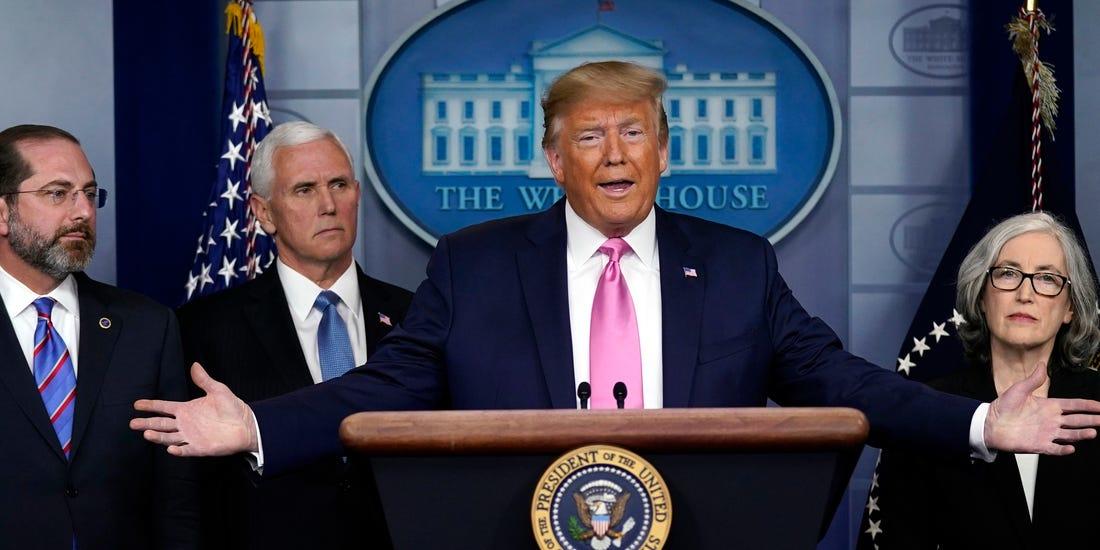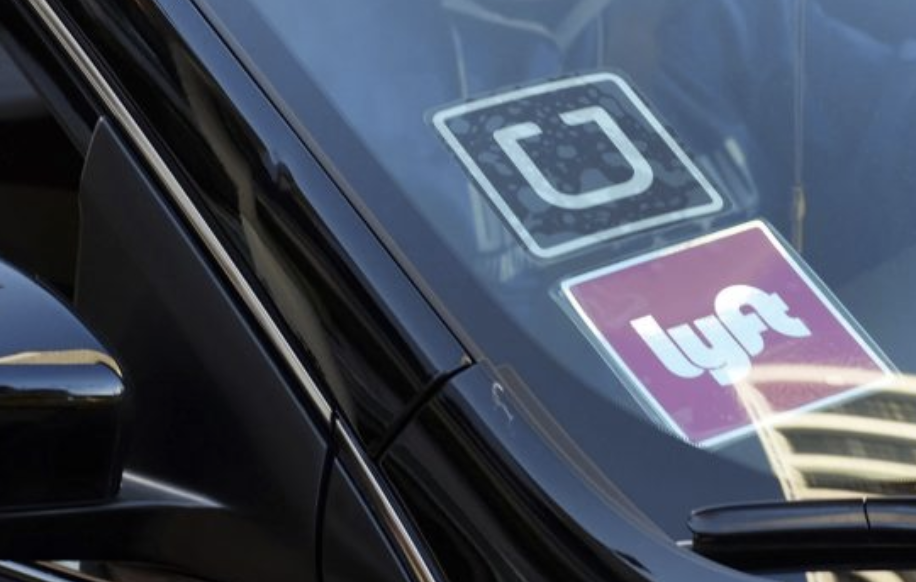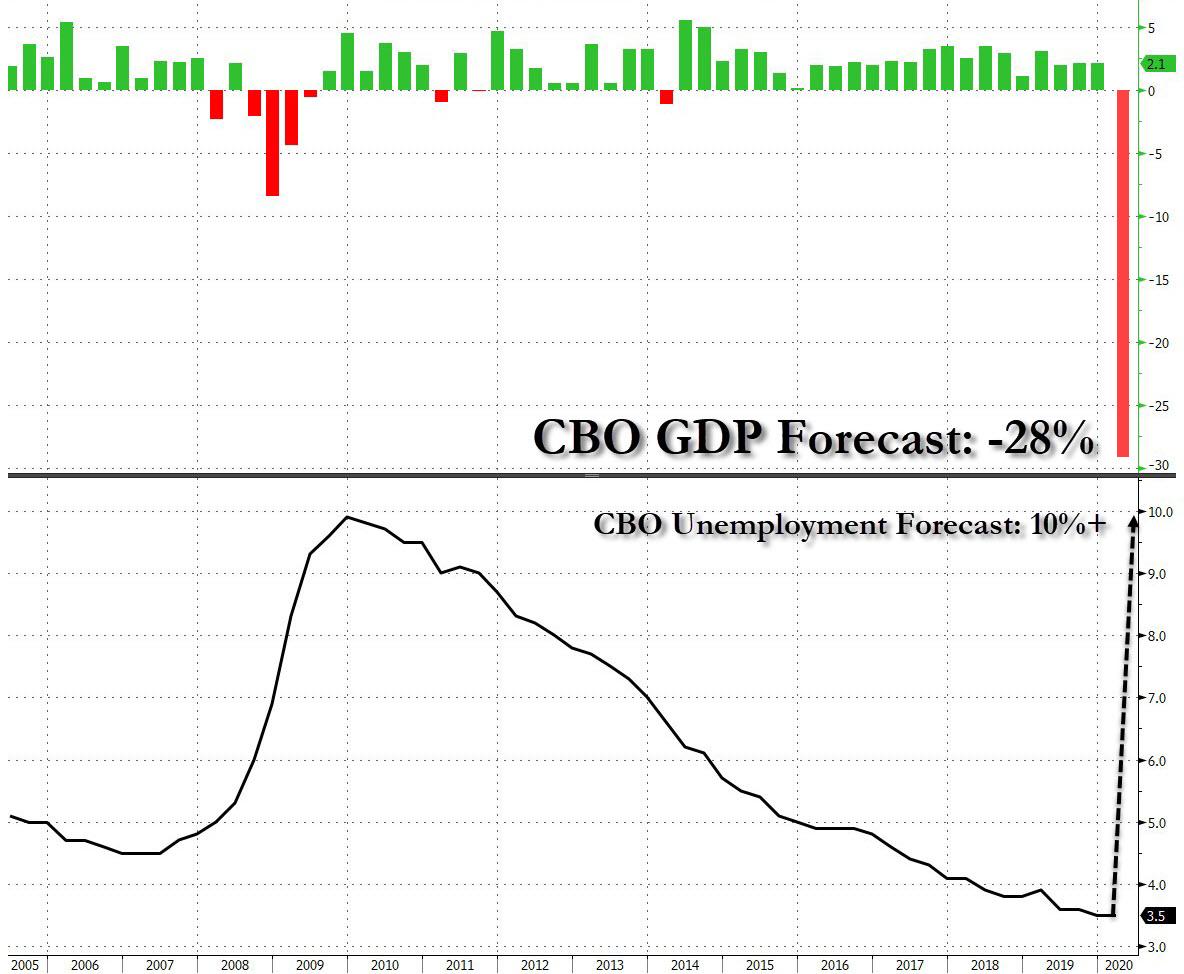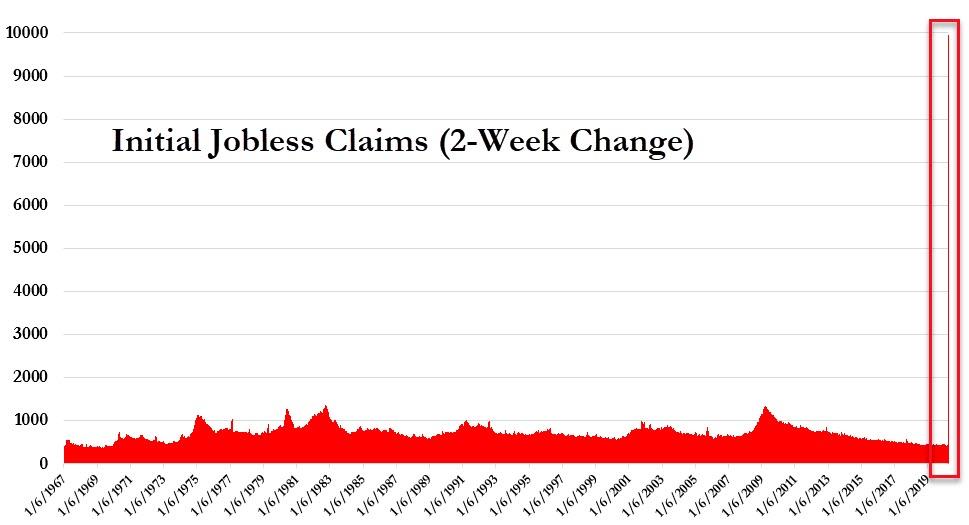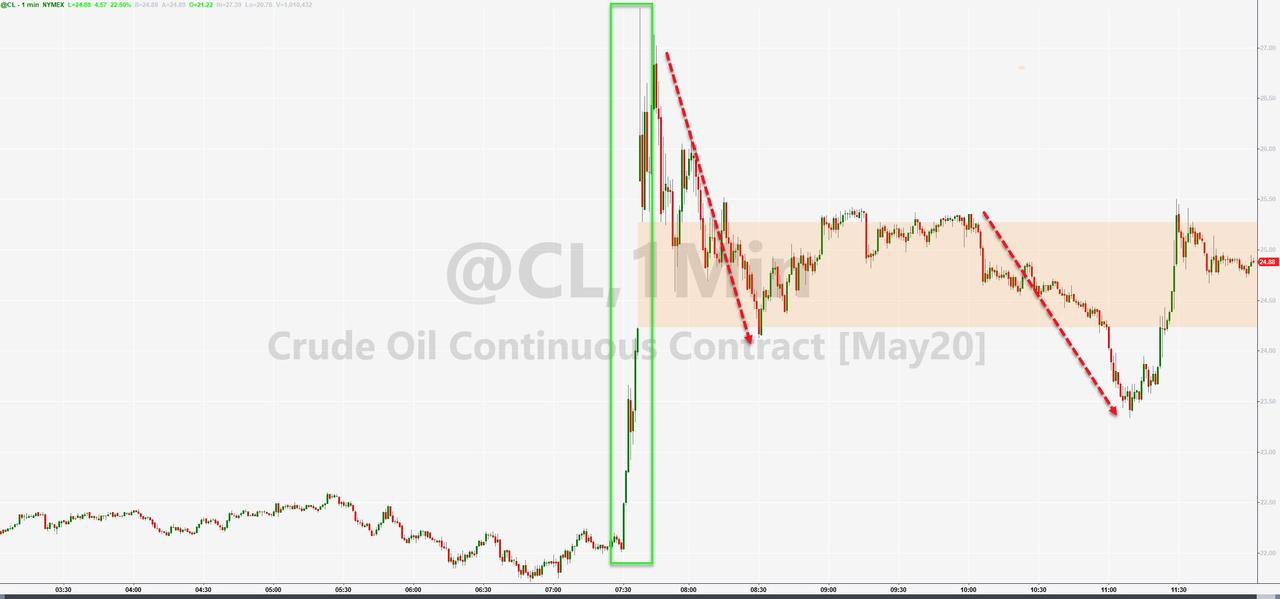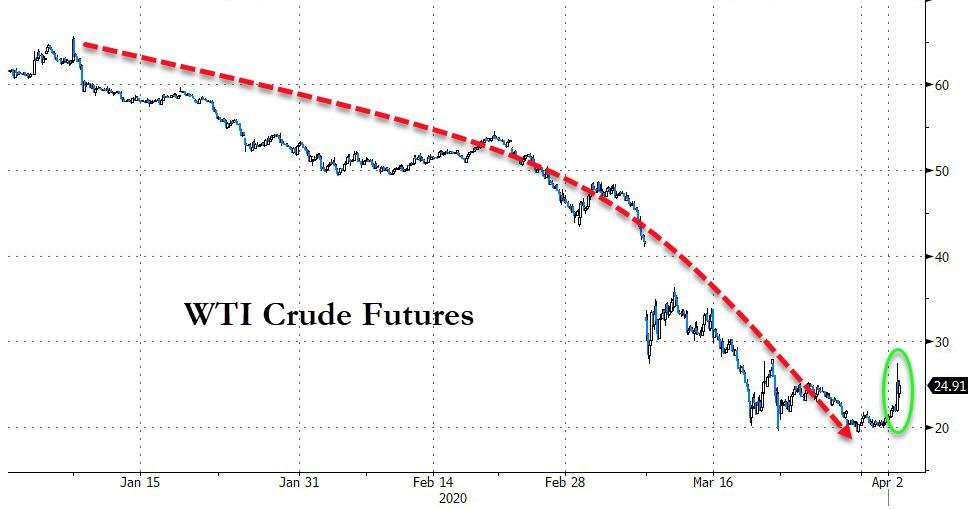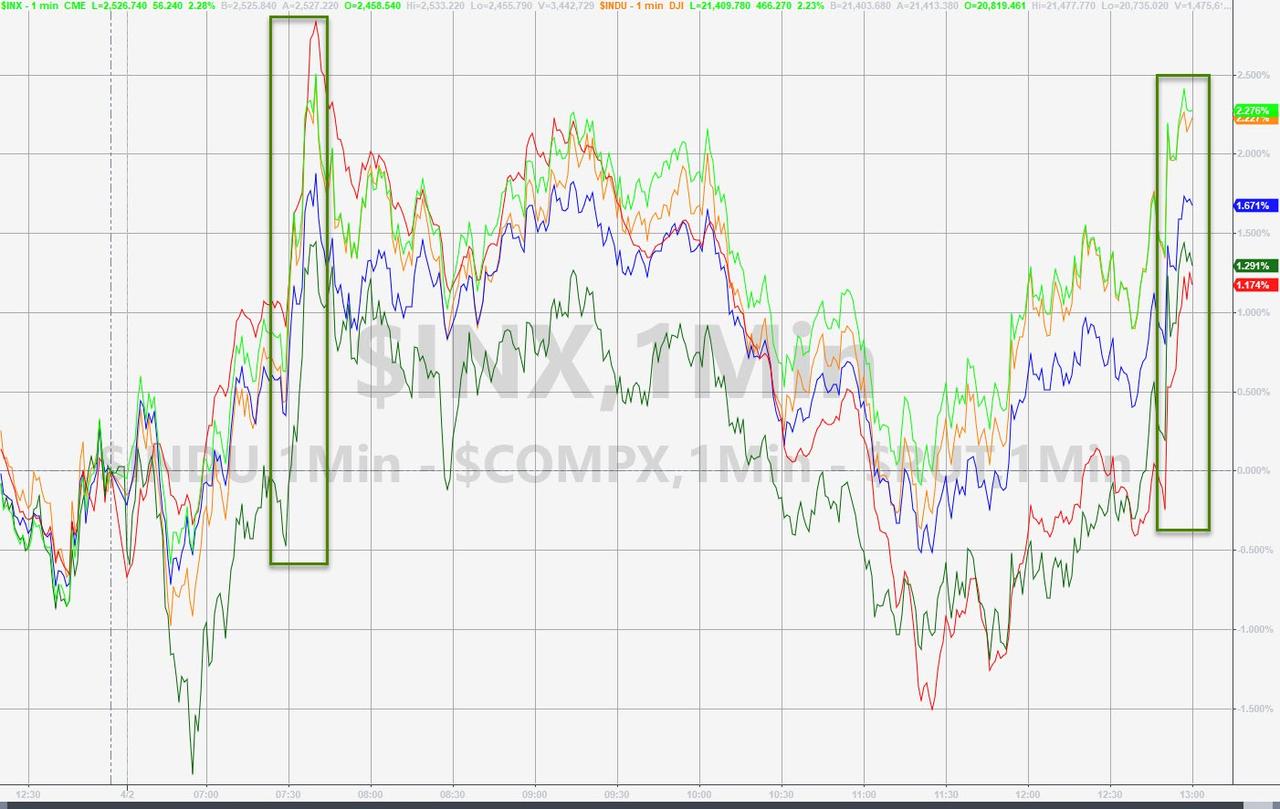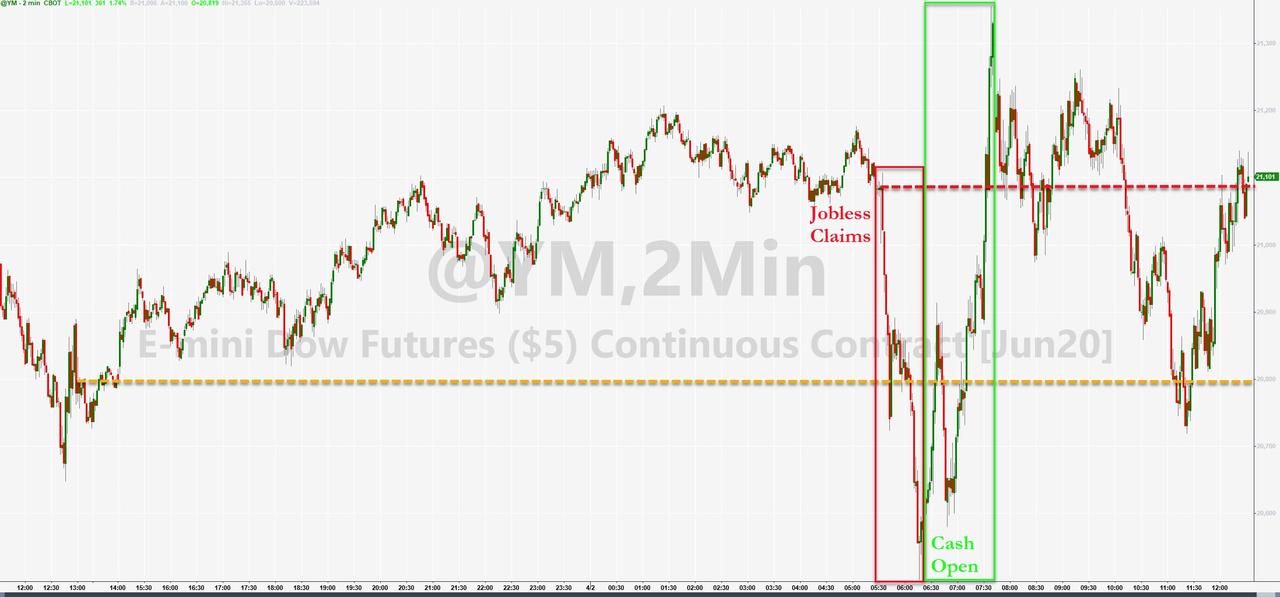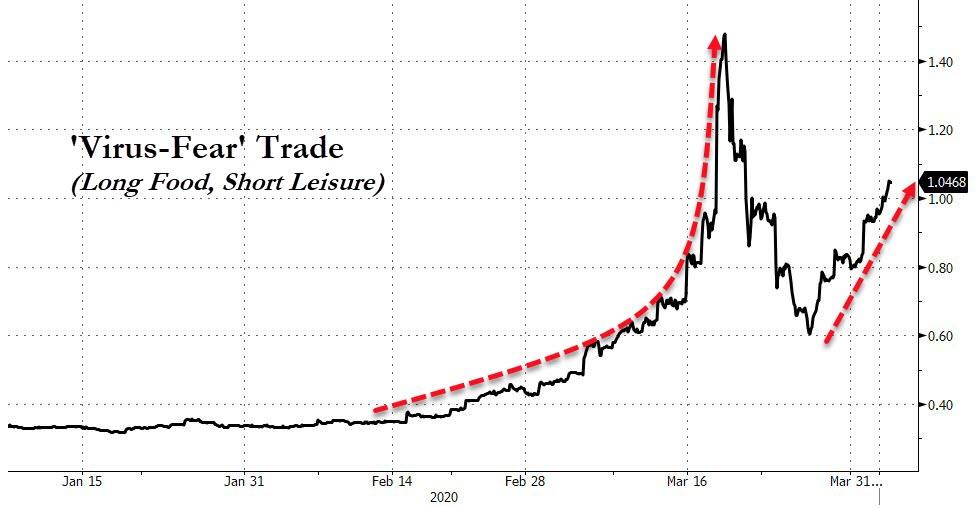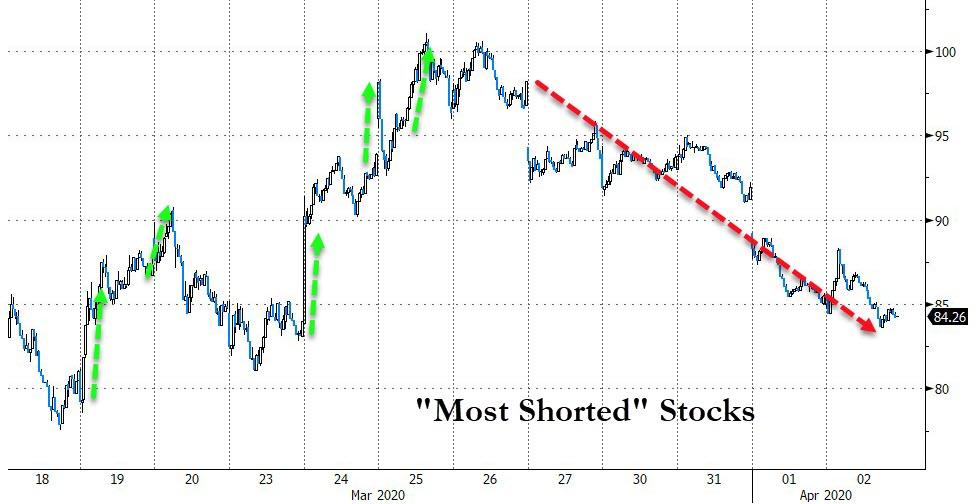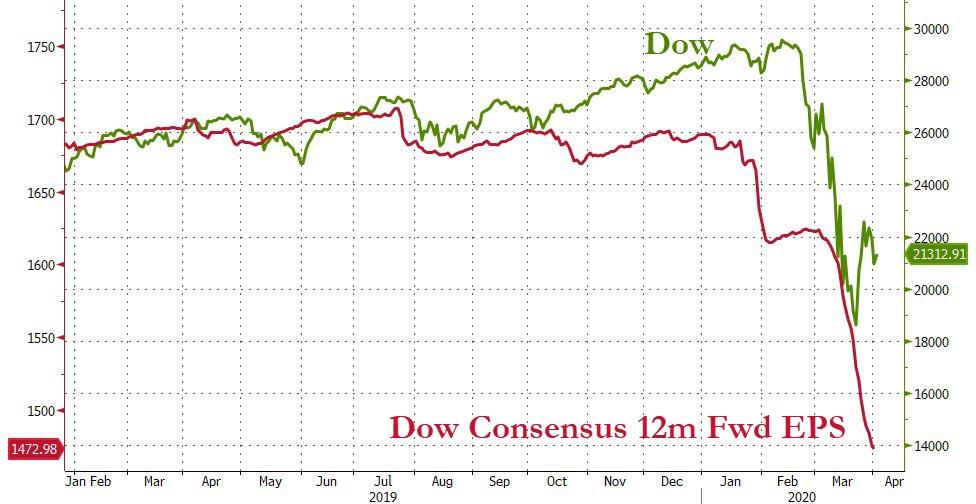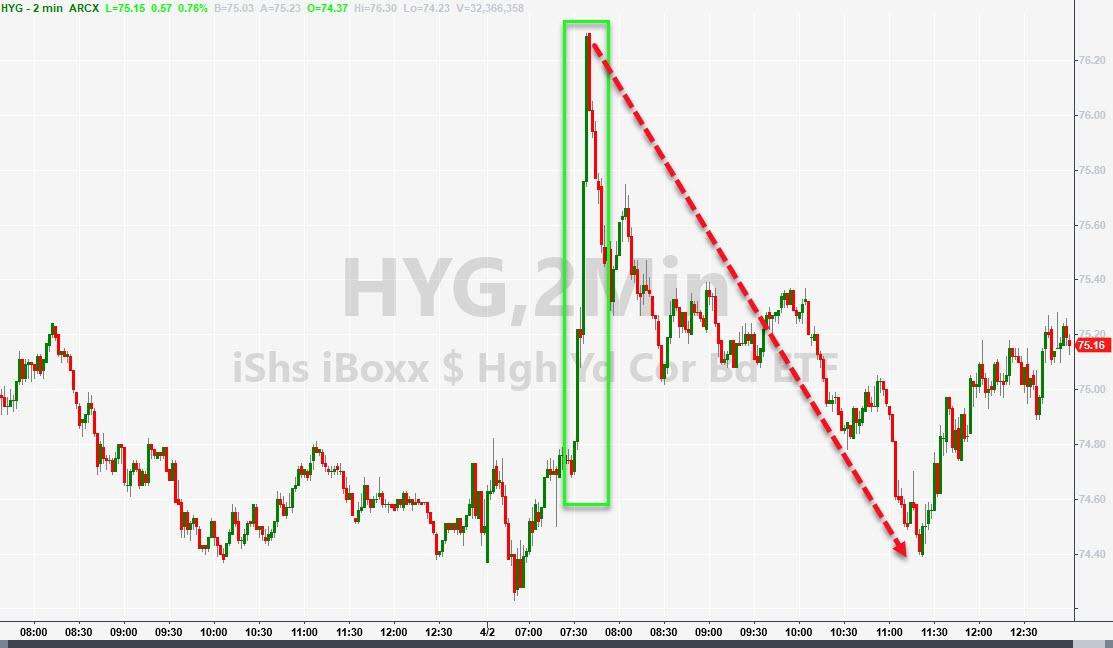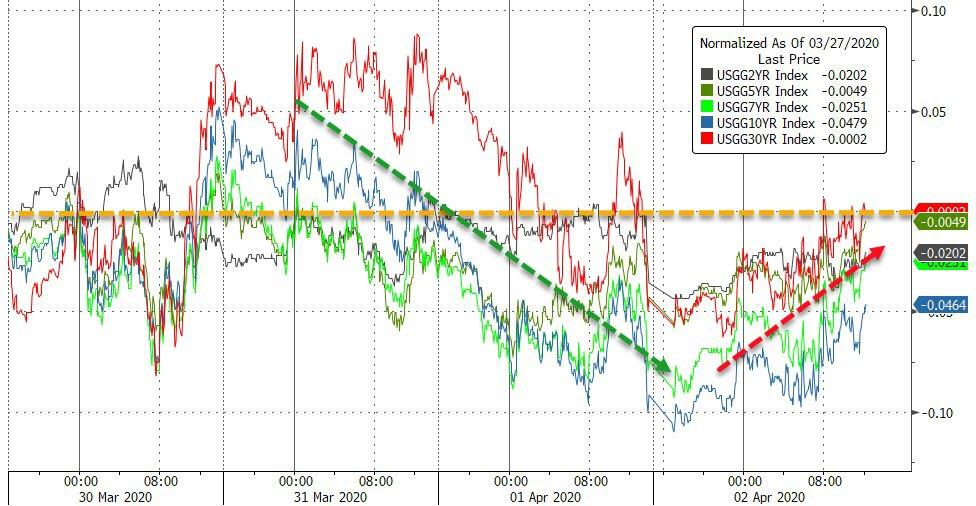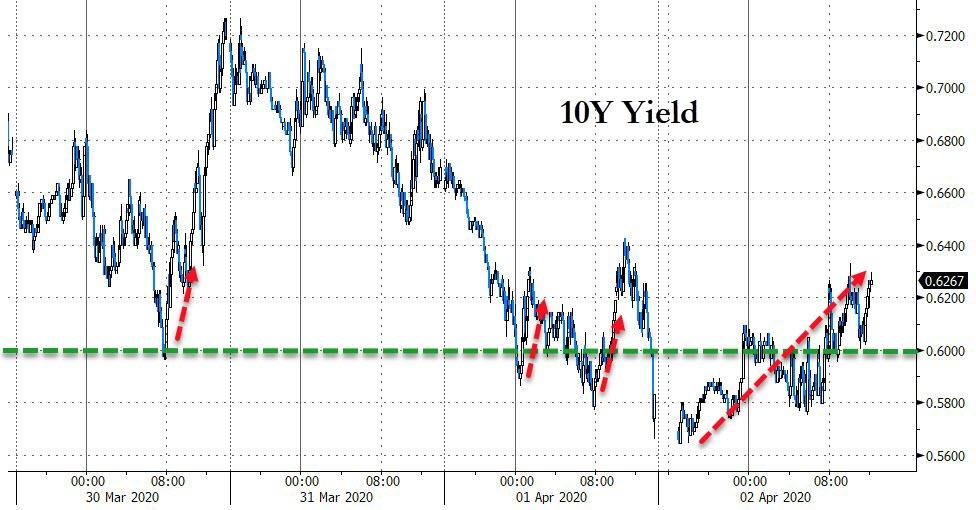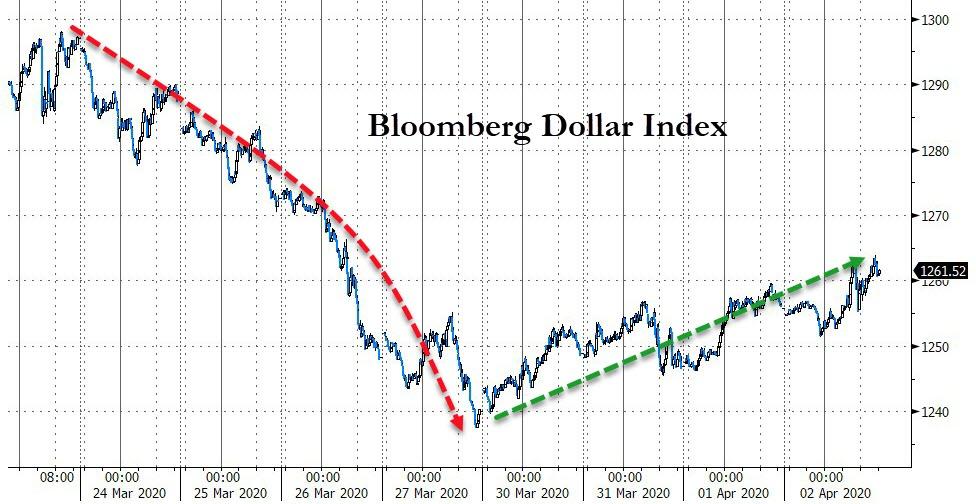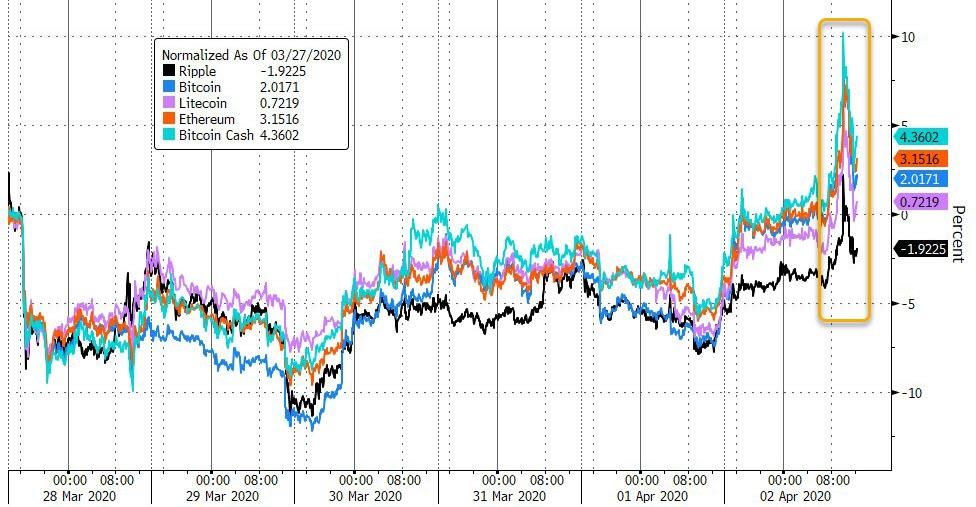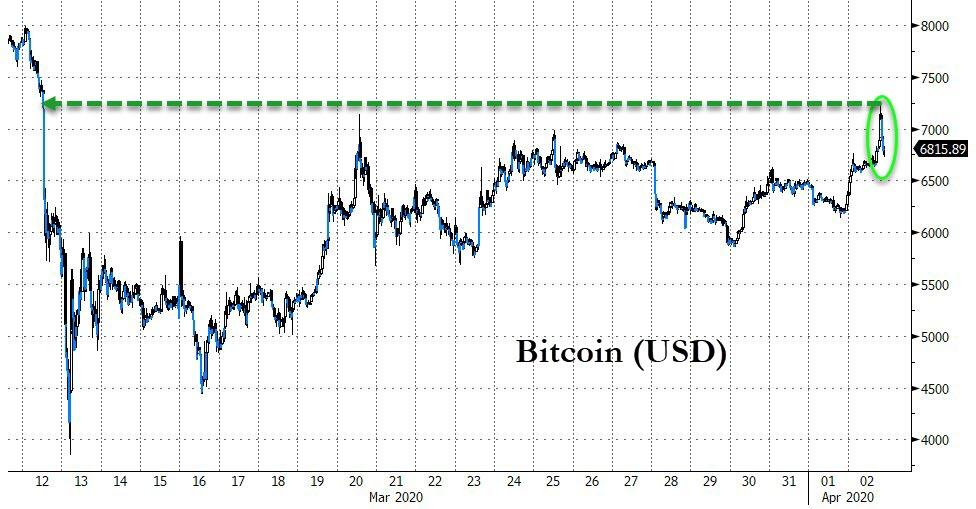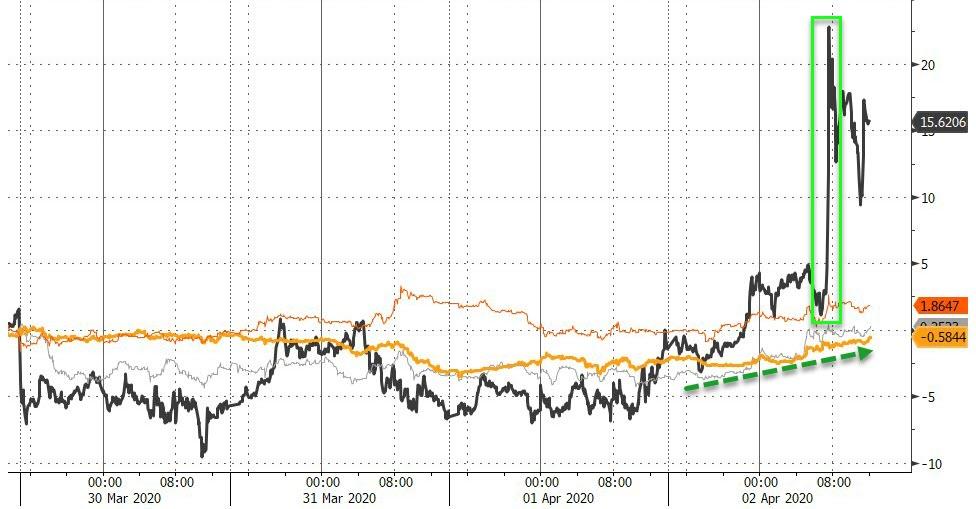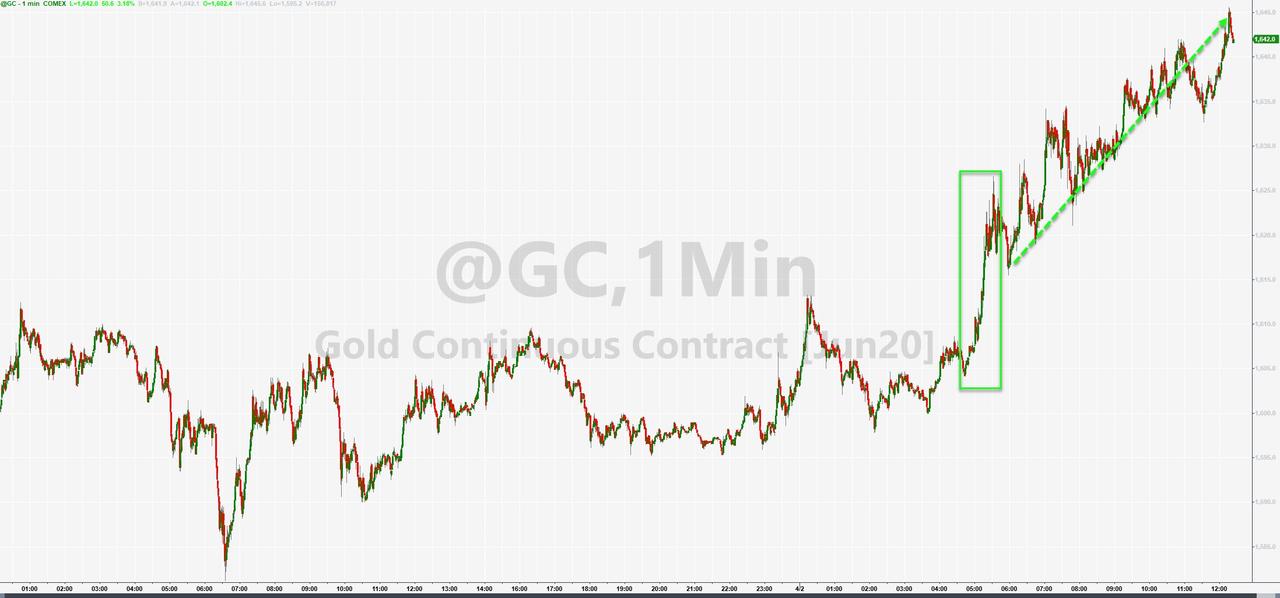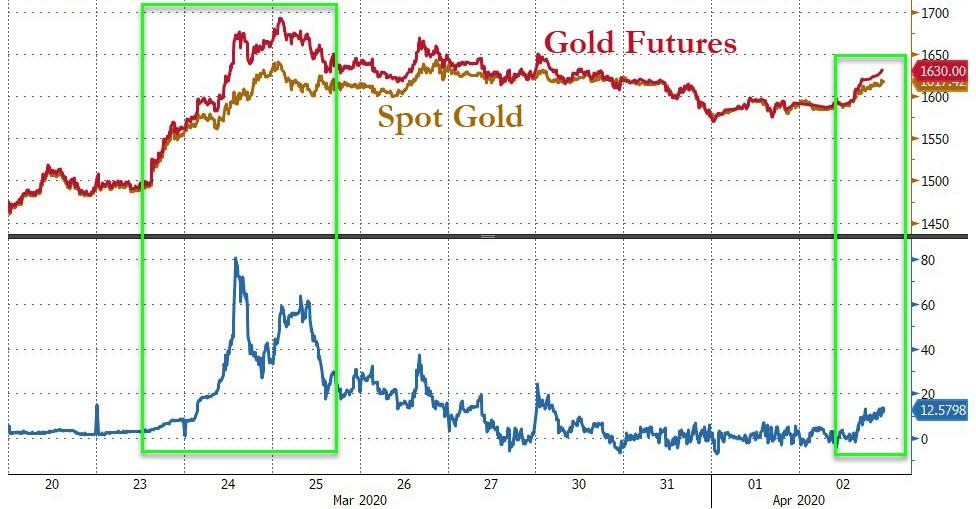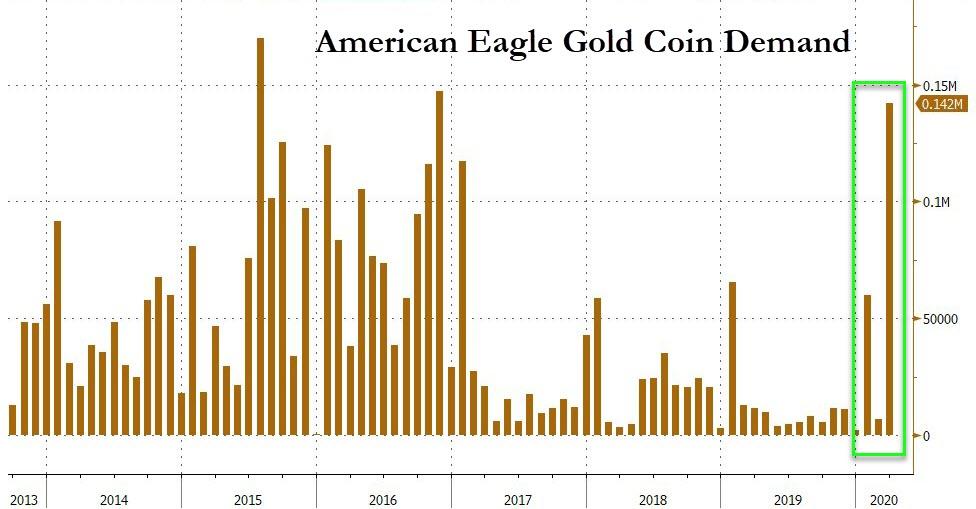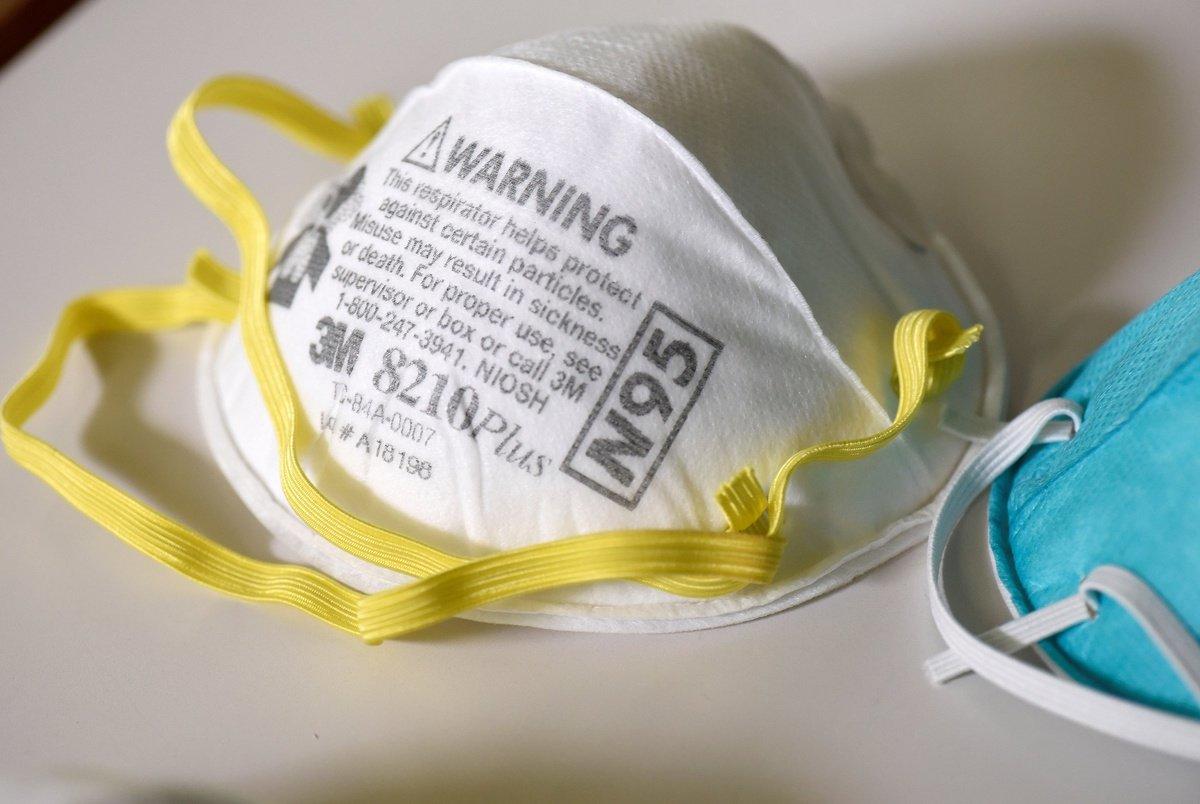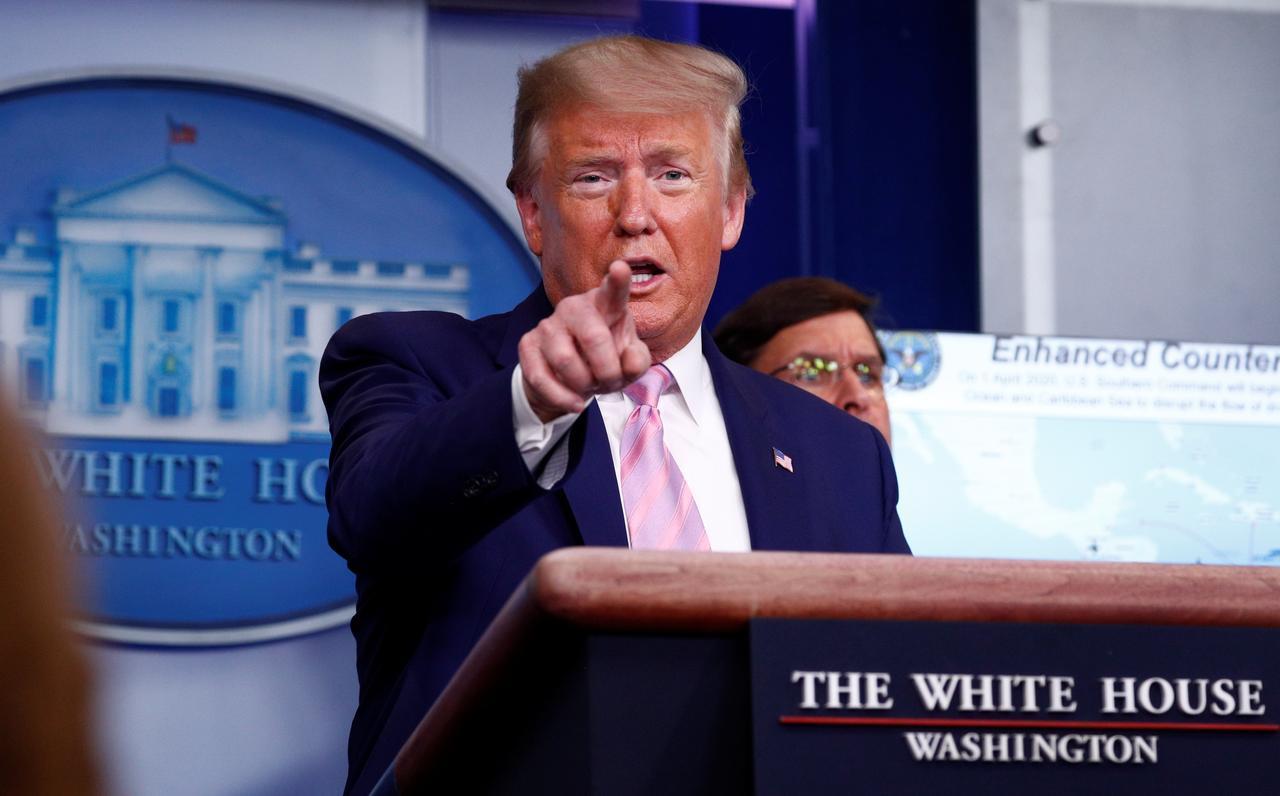“In this time of global pandemic,” Harvard law professor and anti-liberal vanguardist Adrian Vermeule writes in the third paragraph of a much-discussed new Atlantic essay, “it has become clear that a just governing order must have ample power to cope with large-scale crises of public health and well-being—reading ‘health’ in many senses, not only literal and physical but also metaphorical and social.” This aggrandizement of executive power, Vermeule posited, should be constitutionally lubrciated by “an illiberal legalism that is not ‘conservative’ at all, insofar as standard conservatism is content to play defensively within the procedural rules of the liberal order.”
Italics—and direct warning—his.
As viral fate would have it, Vermeule’s philo-Falangist manifesto appeared just one day after the global poster-child for aspirationally illiberal conservatism, Hungarian Prime Minister Viktor Orbán, was gifted by a parliament he already dominates the power to rule by decree, suspend elections indefinitely, and imprison journalists for up to five years for publishing fake news about the coronavirus.
Vermeule’s vision of “ensur[ing] that the ruler has the power needed to rule well” was thus effectuated by the world leader who most embodies the new nationalism that’s gaining steam on the intellectual right, in the United States and elsewhere. “You are thinkers, but we are doers,” Orbán told a rapt audience two months ago at the National Conservatism Conference in Rome, where conservative intellectuals such as Rod Dreher and Yoram Hazony rubbed elbows with continental nationalists such as Marion Marechal. “Politics is about making decisions, gaining and keeping the trust of the nation, and getting the power and keeping the power.”
Orbán, like Vermeuele and other American integralists, is saying the loud part loud. “Liberal democracy…is over,” he proclaimed in Rome, while swatting around softball how-do-you-do-it questions from former American Enterprise Institute president and Reagan administration official Chris DeMuth. “We need something new. We can call it illiberal, we can call it post-liberal, you can call it Christian democratic, whatever, but we need something new, because on that [former] basis we cannot provide good governance for the people. So we developed a new theory and a new approach: that is Christian democracy. And instead of liberal freedom we use Christian liberty.”
The “liberalism” that this new right is fighting is not limited to woke progressivism, fond though they may be of detecting “cultural Marxists” in every bureaucracy, newspaper, and university. No, they mean very directly to smote “classical liberals” as well. Just as the rising left-populists of the Jeremy Corbyn or Sen. Bernie Sanders (I–Vt.) type despise “neoliberals,” their equally rising right-wing counterparts condemn the market-fundamentalist and hyper-individualist shibboleths that for too long (in their view) held sway in the democratic West.
“The Court’s jurisprudence on free speech, abortion, sexual liberties, and related matters will prove vulnerable under a regime of common-good constitutionalism,” muses Vermeule, before shifting to a more pronounced Bane-like tone. “The claim, from the notorious joint opinion in Planned Parenthood v. Casey, that each individual may ‘define one’s own concept of existence, of meaning, of the universe, and of the mystery of human life’ should be not only rejected but stamped as abominable, beyond the realm of the acceptable forever after. So too should the libertarian assumptions central to free-speech law and free-speech ideology—that government is forbidden to judge the quality and moral worth of public speech, that ‘one man’s vulgarity is another’s lyric,’ and so on—fall under the ax. Libertarian conceptions of property rights and economic rights will also have to go.”
At some point it becomes wise to take self-declared enemies of liberalism at their word. More still when real-life politicians start acting out those power fantasies.
Sure enough, there has been no shortage this week of western news organizations sounding the alarm bell at right-wing nationalists exercising heightened powers to combat COVID-19 worldwide: Orbán in Hungary, Benjamin Netanyahu in Israel, Aleksandar Vučić in Serbia, Rodrigo Duterte in the Philippines. Usually these pieces come with observation that many of these leaders maintain close relationships with President Donald Trump.
But this is where the conventional narrative about creeping global corona-fascism begins to founder. Because do you know who else gets the Friend of Trump treatment about COVID-19 policy? Politicians, at here and abroad, who take the opposite approach to coronavirus crackdowns.
“In Brazil, Jair Bolsonaro, Trump’s Close Ally, Dangerously Downplays the Coronavirus Risk,” goes the New Yorker headline this week. “How 2 Trump-loving governors are struggling amid the coronavirus crisis,” runs today’s offering at CNN. There are generally no such dot-connecting ideological/partisan exercises when the laissez-faire governmental responses come from populist lefties, as in Nicragua, Mexico, and (until recently) New York City.
Meanwhile, a whole commentary cottage industry has arisen over outraged non-conservatives urgently demanding that the president they despise wave the presidential wand to control the entire country’s behavior. “It is time for a national lockdown,” The New York Times editorialized last week. The longtime progressive website Common Dreams had a remarkable headline two days later: “As Trump Snubs Restrictions to Contain Coronavirus, New Poll Shows 3 in 4 Americans Back a National Lockdown.”
As ever, it takes libertarians to bring up rights in the midst of a national freakout. “The president doesn’t have constitutional authority to issue a national stay-at-home order, so please stop urging him to do so,” one of his fiercest critics, Rep. Justin Amash (I–Mich.) tweeted today. “He can recommend, but he doesn’t get to do whatever he wants, even in a crisis. That’s the law. That’s our Constitution. It exists to secure our rights.”
Rights, shmights, says Vermeule.
“Elaborating on the common-good principle that no constitutional right to refuse vaccination exists, constitutional law will define in broad terms the authority of the state to protect the public’s health and well-being, protecting the weak from pandemics and scourges of many kinds—biological, social, and economic—even when doing so requires overriding the selfish claims of individuals to private ‘rights,'” he wrote.
It was heartening to see so many commentators, including a few fellow-traveler nationalists on the right, flag Vermeuele’s manifesto as at the least wrongheaded and at the most frightening. But as the great libertarian legal advocate Timothy Sandefur and others have pointed out, utilitarian, will-to-power constitutionalism is a common feature in non-integrationalist legal academia as well.
And I am perhaps most alarmed by the critique that the anti-liberals get most right: that legal frameworks cannot long survive dislocating separations from the broader culture. Put more bluntly, in response to this deadly and terrifying virus, U.S. politicians are imposing, and Americans are accepting, a series of infringements on liberty more extensive and arbitrary than any I thought I’d see in my lifetime.
In order for liberalism’s enemies to be bested, there needs to be a robust liberalism left to defend. Right now, whether in politics or intellectual life or our ongoing overlapping lockdowns, there is little momentum on the side of Team Enlightenment. And we’re still nowhere close to the apex of dead bodies. As Keith E. Whittington concluded in his Volokh Conspiracy essay about Vermeuele, “Winter is coming.”

from Latest – Reason.com https://ift.tt/345KZ6j
via IFTTT
